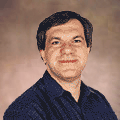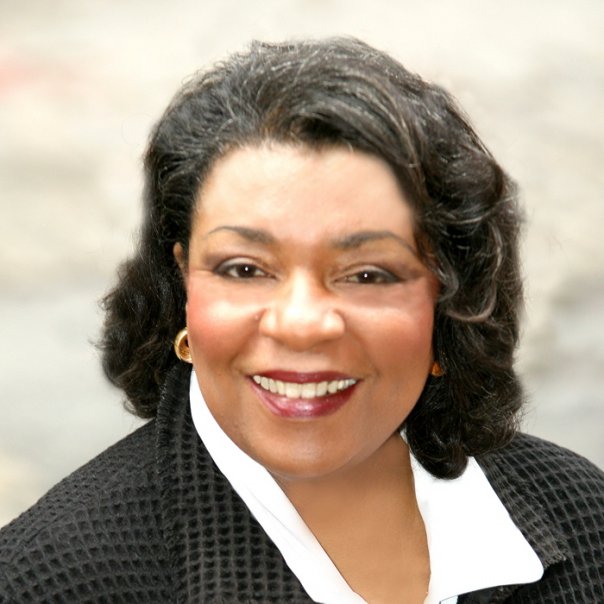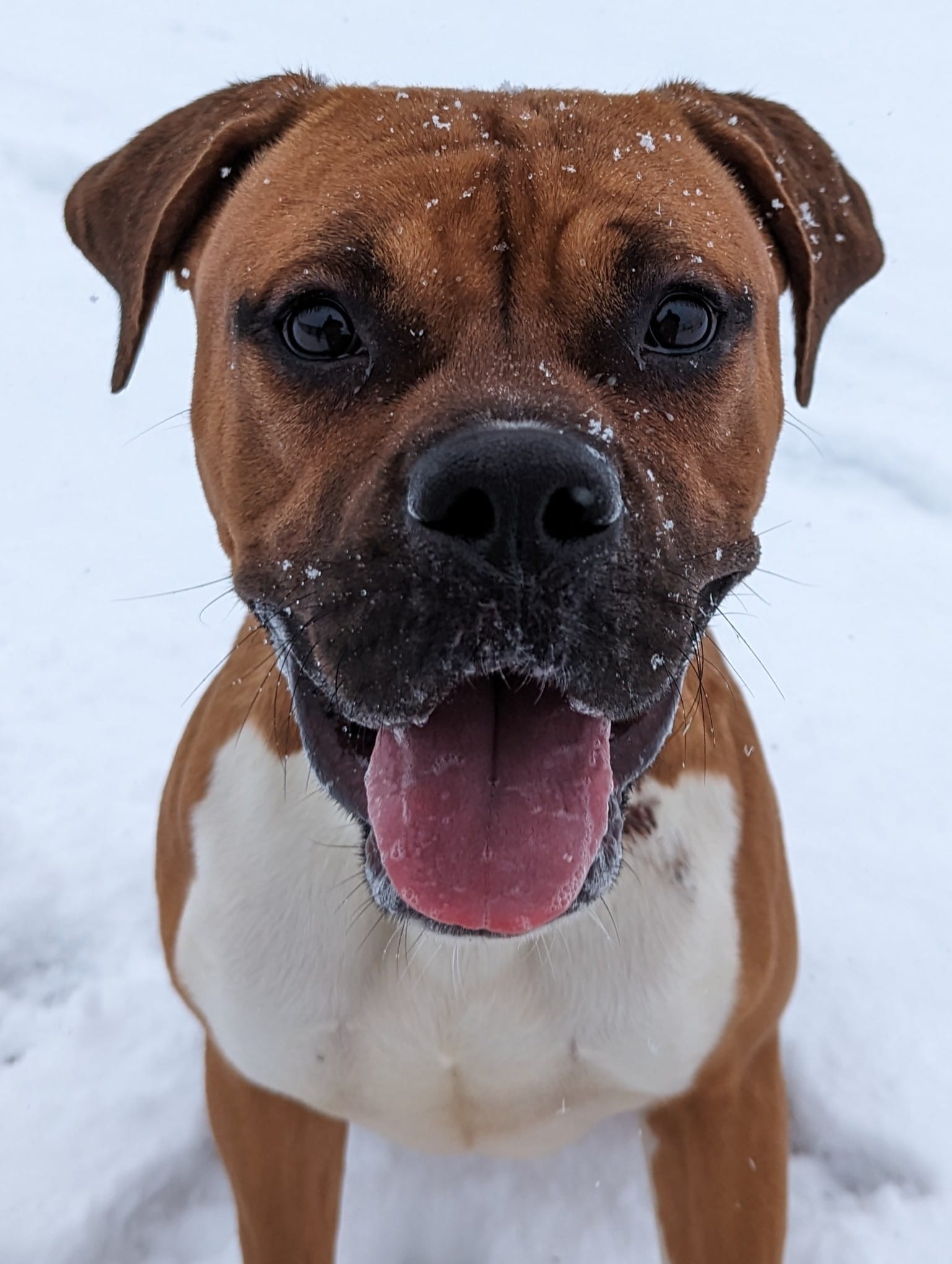Landmark Forum Leader Joe Dimaggio was recently interviewed in an article about relationships between Parents and Adult Children
From The Record
Dad: Offspring find the relationship can be complicated
By ABIGAIL LEICHMAN, STAFF WRITER
Vivian Scott Chew is very much like her father: proud, ambitious, fearless, smart. She inherited his distinctive hazel eyes, too. It was those eyes that convinced her mother's husband that newborn Vivian was not his child. And that's why he left.Chew did not know all this until she was married with children of her own. By that time, both men were gone. So was her mother. Mom had told little Vivian that her Daddy was dead. But when she was 12, she came across his phone number on some papers belonging to her 24-year-old brother. She copied it into her address book, but the entry mysteriously was blacked out with crayon soon afterward. It would be another five years before curiosity and some legwork tracked him down in Jersey City.
Hidden truths
Until he died four years later, the man Vivian thought was her father welcomed her into his life and never revealed that the teenager's real dad was a neighbor she'd known as Uncle Will. This was the generous and much-loved "uncle" who bought her everything she needed, helped her with her college applications and taught her to ride a bike and drive a car. He had passed away when she was 30. "I was a very rebellious teenager," Chew recalls. "Uncle Will would try to rein me in and I would say to him, 'Who do you think you are — my father?' Imagine him not being able to say anything."
On this third Sunday in June, many will celebrate and fete their fathers. Many will lament less-than-perfect relationships or absent dads. And for those like Chew, whose fathers are no longer alive, it's a day to ponder what might have been.Stuart Gustafson was just 16 when his father died in a car crash in 1964. "Had I known that he was not going to live long enough to see me graduate from high school or college, or see me get married and have children … I would have asked him a lot of questions," says Gustafson, of Boise, Idaho.That unfulfilled wish led Gustafson to write "Questions to Bring You Closer to Dad," published this year by Adams Media. It has advice for those who must turn to others for the answers. "Consider the amount of time your dad spent with friends, other family members and co-workers," Gustafson writes. "This is your chance to ask these people about their favorite memories of your dad, and to preserve those memories that perhaps would be forgotten."
Startling discovery
Years of such questioning led to Chew's startling discovery of the secret her biological parents had tried to keep from their small-town Long Island neighbors. Yet in truth, their love child was one of the few who didn't know that secret. Gentle conversations with family members eventually confirmed Chew's suspicions about her patrimony.
"I toyed with the idea of digging him up and doing the DNA thing, but for what?" she says. "I am very blessed to have had been born to the parents God chose for me: two highly intelligent, sophisticated, and intensely proud people that life just sent a curve to."Chew, an international marketer living in Teaneck since 1998, did go to the cemetery — but only to talk. "My mother is buried near three trees. On the other side of the trees is where Uncle Will lies. I stood there and told them, 'I had a great childhood. I never suffered a day in my life. I forgive you because you did exactly what you thought was the best thing to be done.' "
Chew's cemetery conversation was the perfect vehicle to create closure or "being complete," said Dr. Joe DiMaggio, an oncologist and senior program leader with Landmark Education, which runs worldwide forums focusing on personal and organizational effectiveness and communication.
Talking it out
DiMaggio said participants often express anguish over relationships with their fathers, "and if something is off with your parents, it colors the rest of your life."Landmark leaders encourage conversation with living relatives. If that's not possible, then talking to Dad's picture or gravestone, as Chew did, can substitute."It sounds a little tricky," acknowledged DiMaggio, "but you can kind of hear what they would say and how they would say it. It's amazing, if you do it authentically, how a lot of stuff gets resolved. Happier memories tend to become unblocked, and people are left with a sense of wholeness, completeness and new love for the parent."
Still, there are times Chew wishes she could have a two-way talk with her father. "I'd have questions about him and how he grew up, about my grandparents — nothing accusatory," she says. Gustafson says he'd encourage Chew to talk to others and discover all she can about her biological father. "She is a part of him," he says.He regrets that he did not approach his father's siblings while they were still alive. "Now it's difficult to find anyone who knew him," says Gustafson. "There were things that, if I had been able to find them out, would have told me so much more about who I am because we are a product of our heritage."



1 comment
[…] of and articles by Landmark Forum leaders speaking out on a host of other subjects, such as Joe Dimaggio on parent/child relationships, Randy McNamara writing about resistance to change in organizations, David Cunningham speaking […]